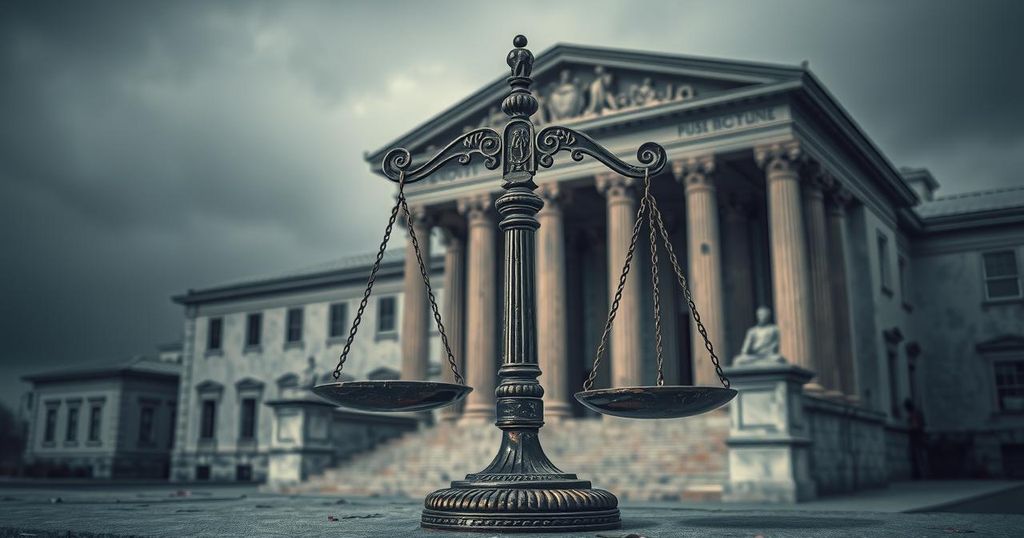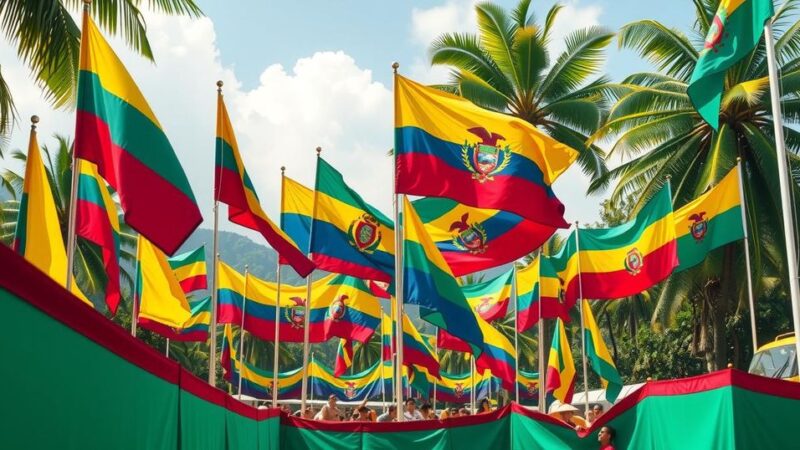Niger’s national commission recommends a minimum five-year transition to civilian rule after the military coup that ousted President Bazoum in July 2023. The commission’s suggestions include the dissolution of political parties and granting amnesty to coup participants. The situation worsens as civilian security declines, raising concerns about the future of democracy in the country.
The national commission in Niger has recommended an extended five-year transition to civilian rule following the military takeover that ousted President Mohamed Bazoum in July 2023. This change comes after the Economic Community of West African States (ECOWAS) rejected an initial three-year plan proposed by the military junta. Political parties have largely boycotted the negotiation talks, which raises concerns regarding the legitimacy of the process and the future of democracy in the country.
The commission’s recommendations further included dissolving existing political parties and promoting junta leader Brig. Gen. Abdourahamane Tiani to general, effectively solidifying his control. Additionally, an amnesty was proposed for all participants in the coup, allowing them to partake in future elections without facing consequences. This decision raises alarms about the implications for justice and accountability within the country.
The security situation in the Sahel region has deteriorated since the military coups, with civilians suffering from violence perpetrated by both government forces and Islamist groups. According to the United Nations Refugee Agency (UNHCR), more than three million individuals have been displaced due to ongoing conflicts. The call for general amnesty may deny victims their right to justice, and former President Bazoum and his wife remain unjustly detained under politically motivated circumstances.
Given the proposed consolidation of power by the current military leaders, the hopes of Niger’s citizens for a timely transition towards democratic governance appear increasingly bleak. The commission’s latest decisions reflect a worrying trend for the country’s fragile democratic institutions and raise significant doubts about the possibility of conducting credible, free, and fair elections in the near future.
The developments in Niger highlight the dangers facing democracy following military interventions. With critical reforms and considerations rejected or sidelined, the outlook for democratic progress is grim as the nation struggles with internal strife and a collapsing political landscape.
In summary, the future of democracy in Niger is under serious threat following the military junta’s consolidation of power. The proposed five-year transition period, dissolution of political parties, and amnesty for coup participants erode the hope for a return to civilian governance. Additionally, the ongoing security crisis exacerbates the situation for citizens. Overall, without genuine political reform and accountability, the prospects for democracy remain bleak.
Original Source: www.hrw.org






